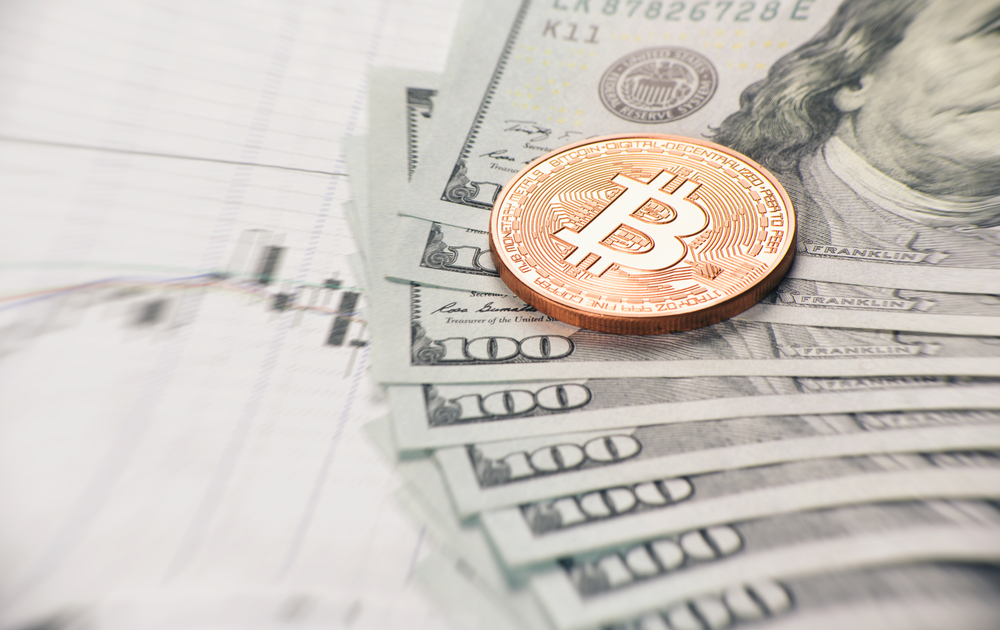Many Bitcoin strategists and investors started 2021 with deep-rooted convictions that the US dollar would weaken. But so far into the year, their predictions have proven to be false.
While Bitcoin has gained 73 percent against the dollar since the start of January, extending its uptrend further since the pandemic rout in March 2020, the greenback is trading higher against a basket of top foreign currencies—a metric known as the US dollar index. It is up 2.52 percent this year.
Bitcoin aficionados expected the dollar to plunge, given the Federal Reserve’s efforts to keep interest rates near-zero through its infinite bond-buying policy. In addition, trades and analysts forecasted that the greenback would suffer from worries over growing debt levels in the US that might restrict growth.

But now, the US economy is gunning for growth, led by a one percentage point upgrade in January.
As a result, the sell-off in the government bonds is picking momentum, thus sending their yields higher dramatically. That has prompted investors at home and abroad to shift focus from the US dollar’s bearish narratives concerning its massive liquidity. Instead, their focus is zooming in on the US economy’s recovery pace.
The Bitcoin market…
…avoided the stronger dollar narrative, at least for the first half of the Q1, with Tesla’s $1.5 billion investment into the cryptocurrency and MicroStrategy’s relentless purchasing spree fueling the market. But with the return of the so-called US exceptionalism, the cryptocurrency market is feeling a slowdown in its own growth.
The BTC/USD exchange rate reached $58,367 in early February, its highest level on record. But the pair has since corrected by 12.66 percent per the latest readings. At its lowest, bitcoin was down 26.30 percent from the said historical peak.

The cryptocurrency now risks correcting lower to neutralize its overvalued status. That is typically the case with the US tech stocks—the so-called pandemic winners—which have fallen into bear market categories. That includes Tesla, a bitcoin holding Fortune 500 company, whose stock value has dipped 33.59 percent from its recent high of $900.40 per share.
As yields rise alongside the US dollar, Bitcoin and the tech-savvy Nasdaq Composite Index have formed a positive correlation with one another.

Instead, the capital is moving into pandemic losers—the sectors that grossly underperformed during the pandemic and are now booming on the prospect of economies’ reopenings. That further prompts foreign investors, especially from the European Union, to put money in the US, pushing the dollar further upward.
“It’s a bit of a dilemma for everyone at the moment: do you focus on growth or debt?” said Ugo Lancioni, head of currency management at Neuberger Berman.
Many still expect Bitcoin to continue heading higher, partially as investors with an anti-inflation outlook choose it against its traditional rival gold. Bloomberg analyst Mike McGlone predicts the BTC/USD rate could reach $100,000 this year.








